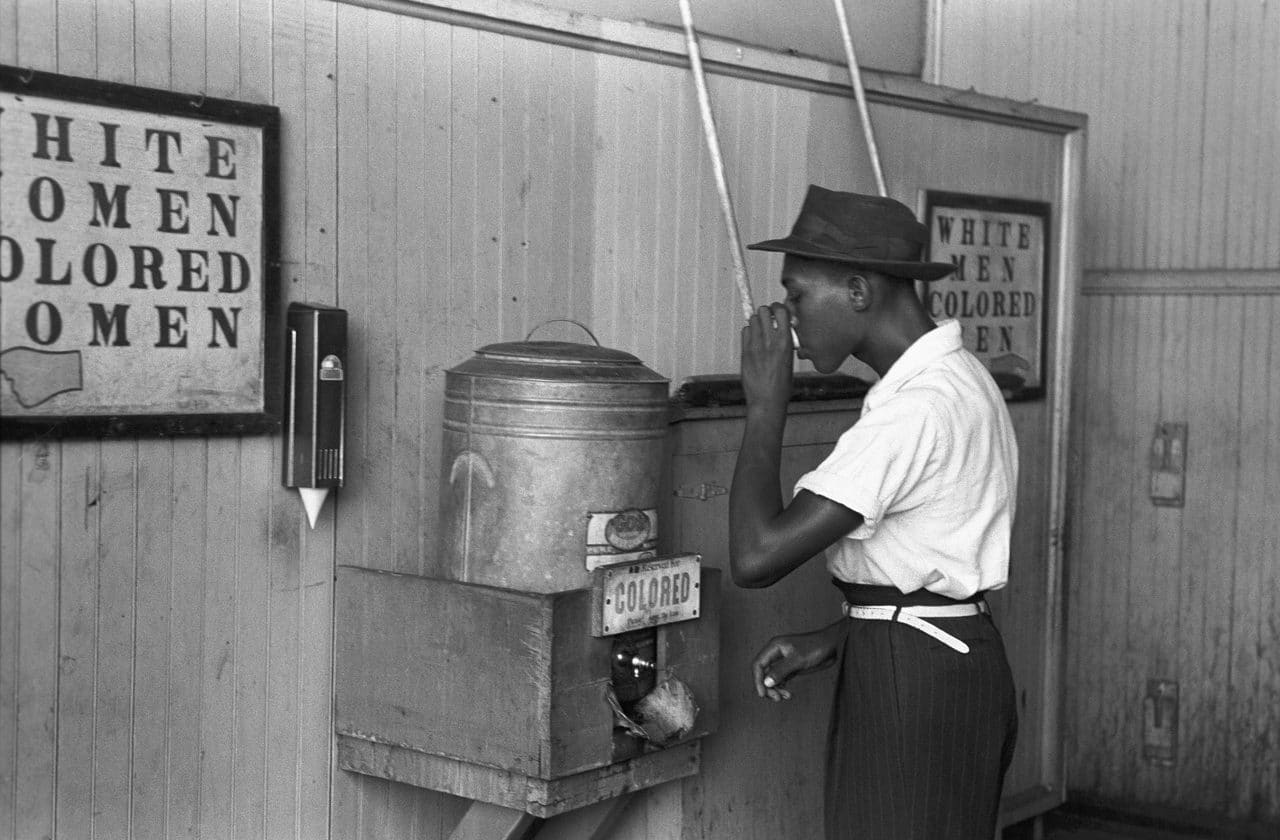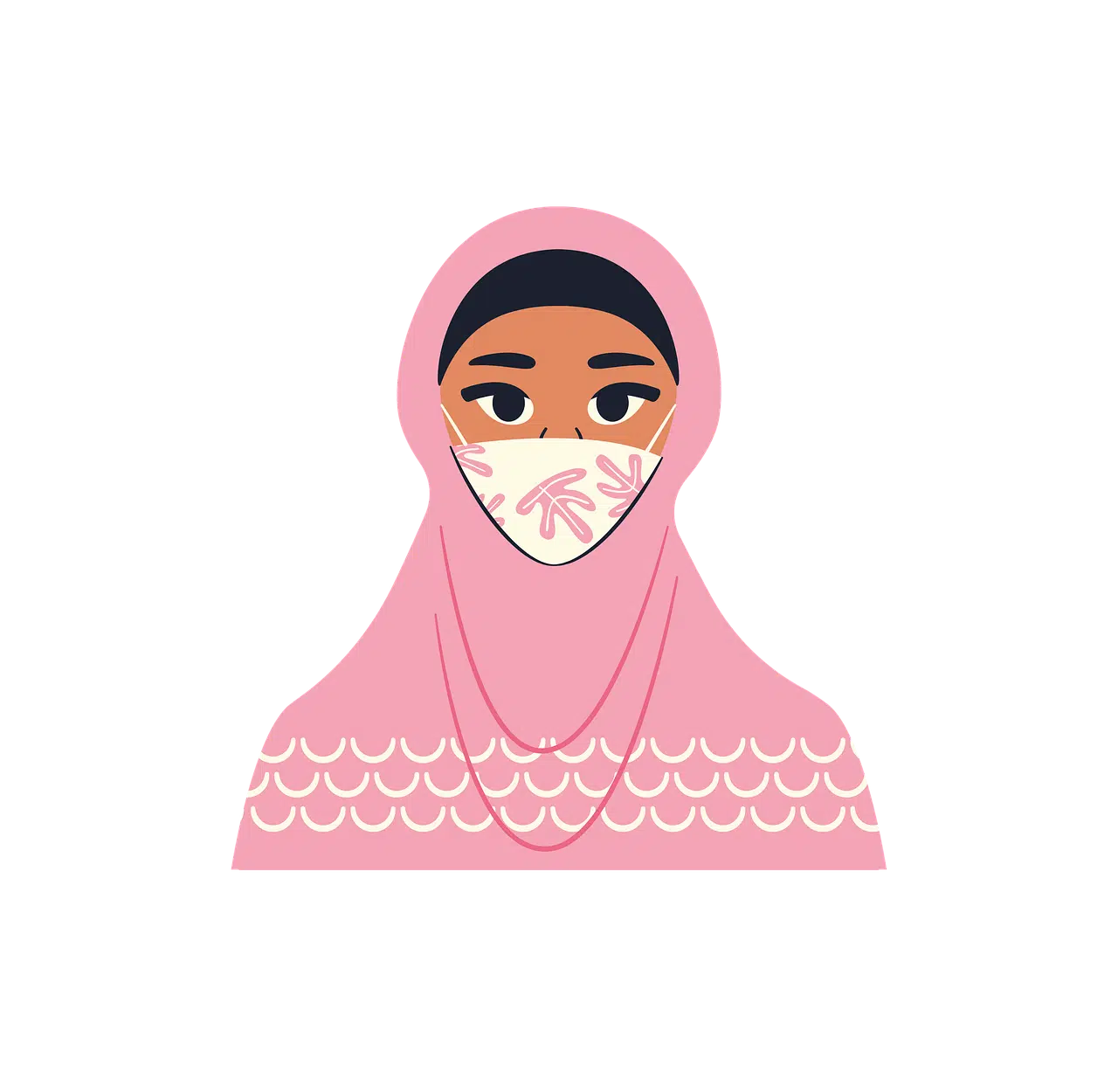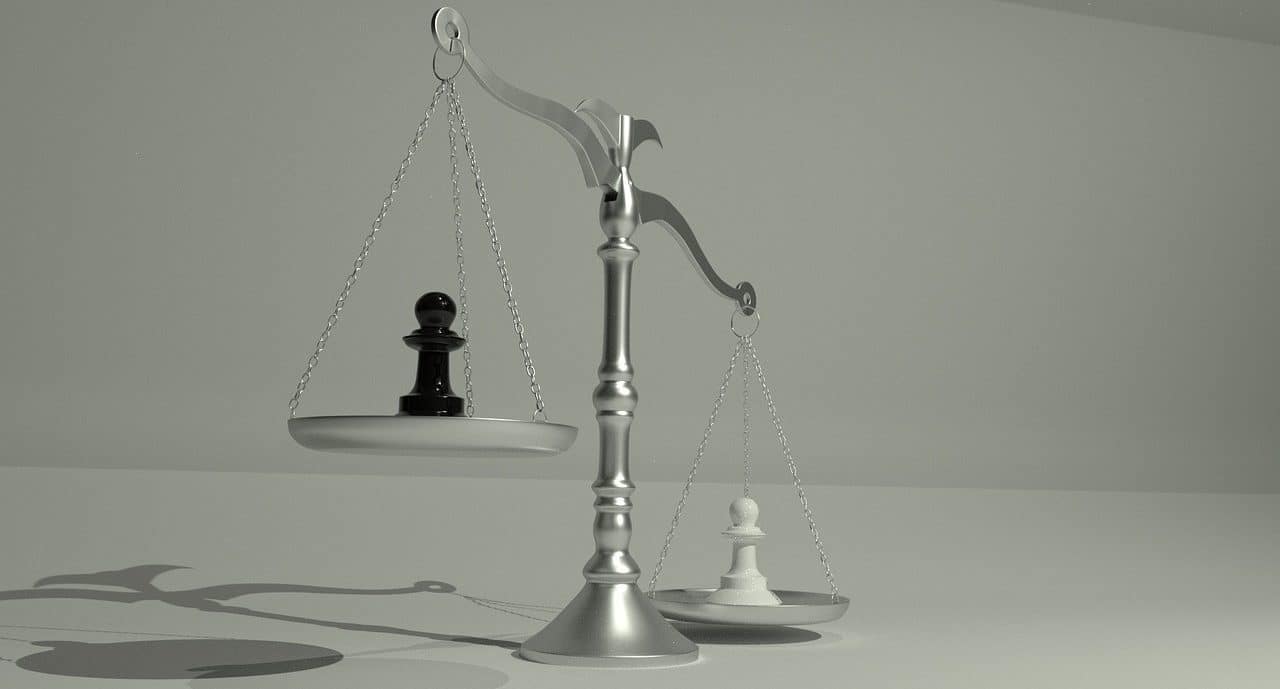
Racism affects a population marginalized due to racial or ethnic issues.
Racism is a feeling or behavior that consists of exacerbating the racial sense of an ethnic group . This situation usually manifests itself as contempt for another group and is a form of discrimination.
Racism can be presented as an anthropological or political doctrine that includes the persecution of ethnic groups considered inferior. That is what happened with Nazi Germany or with the Ku Klux Klan in the United States .
Goals of racism
The extermination of attacked groups or the cancellation or reduction of the human rights of discriminated subjects are part of the objectives and consequences of racism.
For many years, in South Africa , the black majority was subject to the white minority. Racism manifested itself in all areas of daily life. This phenomenon of racial segregation , known as apartheid , included special places for blacks on buses, hospitals, and public parks. In this case, racism was established through institutional discrimination , promoted by the State.
It is common for racism to be justified by pseudo-scientific theories or to be supported by the manipulation of statistical data . An example of this is arguing the superiority of the white race or white supremacy based on their academic results, without taking into account that black children often suffer from social problems that prevent them from achieving their full potential. Regardless of their race, a person who does not eat properly, who does not have access to health services and who lives in a precarious home cannot use all his or her faculties to achieve satisfactory performance in his studies.
It should be noted that racism can be linked to other manifestations of hate, such as xenophobia ( hostility towards foreigners), anti-Semitism (the persecution of Jews) or homophobia (the attack on homosexuals). Also, when race is associated with a nation, it is usually related to an exacerbated nationalism .

Afrophobia, Islamophobia and Sinophobia are expressions of xenophobia and racism.
Its characteristics
Racism is based on intolerance . Racists, based on prejudices and stereotypes , promote racial discrimination against certain groups.
Sometimes the object of hate is an ethnic minority . However, racism can be exercised by a minority group against a much larger community (as occurred in South Africa during apartheid ).
It must be considered that racism takes shape in different ways. There are microaggressions that are almost naturalized, such as teasing or derogatory comments. In other cases, violent oppression is promoted that aims at exclusion and elimination. An extreme version of racism (and anti-Semitism) was Nazism , which carried out genocide .

Racism in the media is usually present through racial stereotypes.
Racism throughout history
Racism is not modern behavior. During the era of colonialism in America , for example, each indigenous people suffered racism from the conquerors, who built regimes centered on white privilege and inequality .
Thus, the dominant (European) culture imposed a displacement of the aboriginal communities. Racial violence was part of that advance on the territory.
The history of slavery also reflects racism. White nationalism in the United States , alluding to a supposed racial supremacy, subjugated the black population for a long time. The growth of the civil rights movement was essential for the abolition of slavery and the end, at least in part, of the marginalization of African Americans.
Beyond the aforementioned cases of South Africa , the Ku Klux Klan (which we will expand on below) and Nazism , contemporary history and even the present show racist components.
Ethnic and racial persecution never completely ceased, as demonstrated by the Black Lives Matter movement that emerged in 2013 in the United States to defend the rights of the black community.
The case of the Ku Klux Klan
The Ku Klux Klan is the name given to several far-right groups with a presence in the United States , which were founded last century, just after the Civil War had ended. This disastrous sect supports all existing forms of racism, such as xenophobia , anti-Semitism and homophobia, although it is especially known for its hatred of the black race. Among their practices to "communicate their ideas" are terrorist attacks, armed robberies and acts of great symbolism such as burning crosses.
From the beginning of its history, in the second half of 1865 , the Ku Klux Klan based its operation on violence . It is worth mentioning that he did not remain active for long: half a decade later, a movement against him for anti-racist activism led to his first dissolution, which was reflected in a civil rights act. However, in 1915 the second generation of this group began, which had a more sophisticated organization, including formal memberships and a national expansion that reached close to five million participants.
Although the second era of the Klan enjoyed more longevity than the first, the support that some of its members showed for Nazi Germany towards the mid- 20th century marked the beginning of its decline. Many organizations have adopted the same name since then, and they all have in common the ruthless nature of their behavior, which is why they are considered extreme hate groups. The original KKK , on the other hand, no longer has more than a few thousand members.
In recent decades, numerous authors have captured the atrocities to which the Klan subjected its victims since its conception in a variety of books and films; Likewise, his actions are repudiated by journalism in general and by various public institutions.
